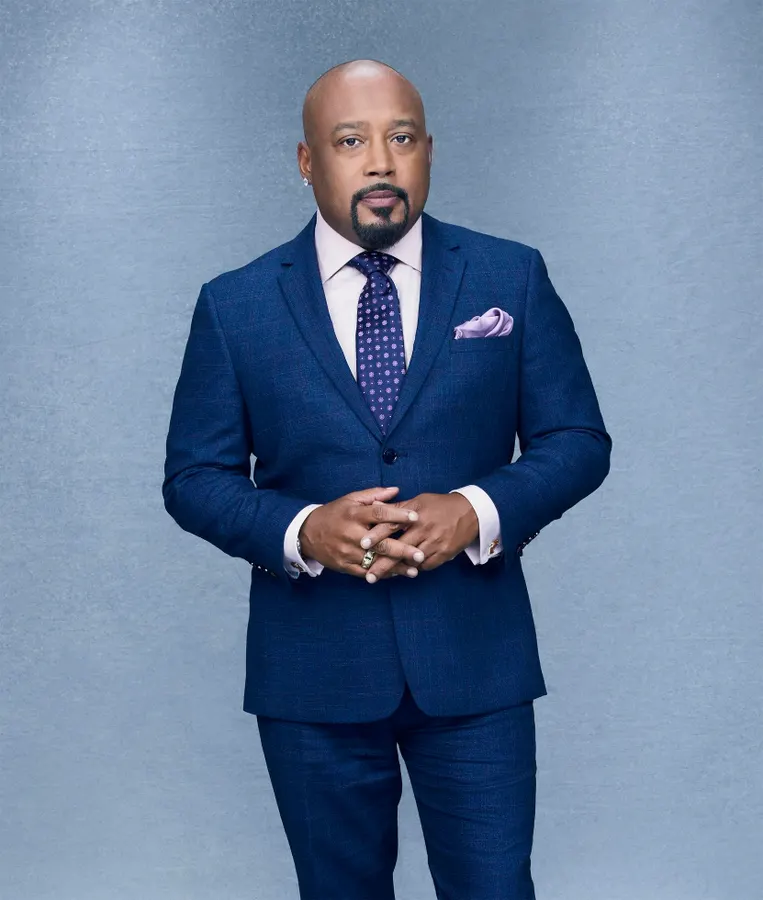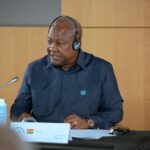Copyright forbes

SHARK TANK - Daymond John is a "Shark" on ABC's "Shark Tank." (Andrew Eccles/ABC via Getty Images) ABC via Getty Images At the Shark Tank Clover Summit, I sat down with Daymond John, the founder of FUBU and one of the original Sharks, to talk about what it really takes to build lasting wealth. Our conversation quickly turned from fast profits to what truly sustains a business — purpose, people and patience. John, who was recently featured in GOBankingRates’ Top 100 Money Experts shared lessons he’s learned over decades as an entrepreneur and investor. His advice wasn’t about getting rich quick — it was about staying rich long enough to make it matter. “If you’re just chasing quick profits, those businesses are transactional,” John said. “They don’t build culture or community. When the hiccup comes — and it always does they can’t rebound.” Here are five lessons from our conversation that every entrepreneur — and anyone trying to build financial freedom — should take to heart. 1. Slow Growth Builds Stronger Businesses John believes too many entrepreneurs get caught up in chasing momentum. “Everyone wants to make money fast,” he said, “but the faster you go, the harder you crash.” “When you’re slowly building something, you’re surrounding yourself with ambassadors — people who believe in your mission,” he said. “They insulate you when things get tough because they feel part of your rise.” MORE FOR YOU Sustainable growth, he explained, creates a foundation that lasts long after the headlines fade. 2. Be Obsessed With Your Customer John doesn’t believe in chasing investors — he believes in chasing customers. “Be absolutely obsessed with your customer,” he said. “The best investment you can make is answering a customer complaint.” He cited an MIT study that found many of the world’s most profitable products started with customer complaints. “If you listen closely, your customers will tell you exactly what to build next,” he said. For John, loyalty isn’t bought with ads — it’s earned through responsiveness and trust. “When people feel heard, they become your biggest advocates,” he said. “That’s how you build staying power.” 3. Financial Discipline Is Freedom When it comes to money, John is direct: “Every great opportunity comes with hidden costs.” He compared poor financial discipline to adopting a “free puppy.” “The puppy’s free, but then come the shots, the cleanup, the walks — it’s never free,” he said. “In business, there are phantom costs everywhere. You’ve got to look at the numbers and be honest with yourself.” He advises entrepreneurs to always know their margins and set aside funds for innovation. “When you know your numbers, you control your destiny,” he said. 4. Be Brutally Honest With Yourself According to John, the hardest — and most important — part of business is self-reflection. “People tell themselves the business is great because their friends like it,” he said. “But that’s not data — that’s denial.” He believes success starts with understanding your “why.” “If your why is wrong — if you’re doing it for fame or fear — you’ll set the wrong goals,” he said. “Once I started trusting my gut and cutting out toxic people, everything in my life got better.” John admitted it took him years to learn that lesson. “In my early 30s, I finally realized that every time I ignored my gut, I failed,” he said. “Honesty — with yourself and your numbers — changes everything.” 5. Wealth Is About Freedom, Not Fame For John, the ultimate goal of wealth isn’t status — it’s peace. “You’re building a business to give yourself some level of freedom — healthcare, time with family, a safe neighborhood,” he said. “But if your choices are compromising your mental health, then what’s the point?” He’s seen too many people chase validation instead of balance. “You can make all the money in the world and still not be rich if you lose yourself in the process,” he said. John’s lessons are simple but hard-earned: grow slow, care deeply, manage wisely, stay honest and define wealth on your own terms. “At the end of the day,” he told me, “you’re making decisions to build a better life. So be honest about what that really means.” Editorial StandardsReprints & Permissions



